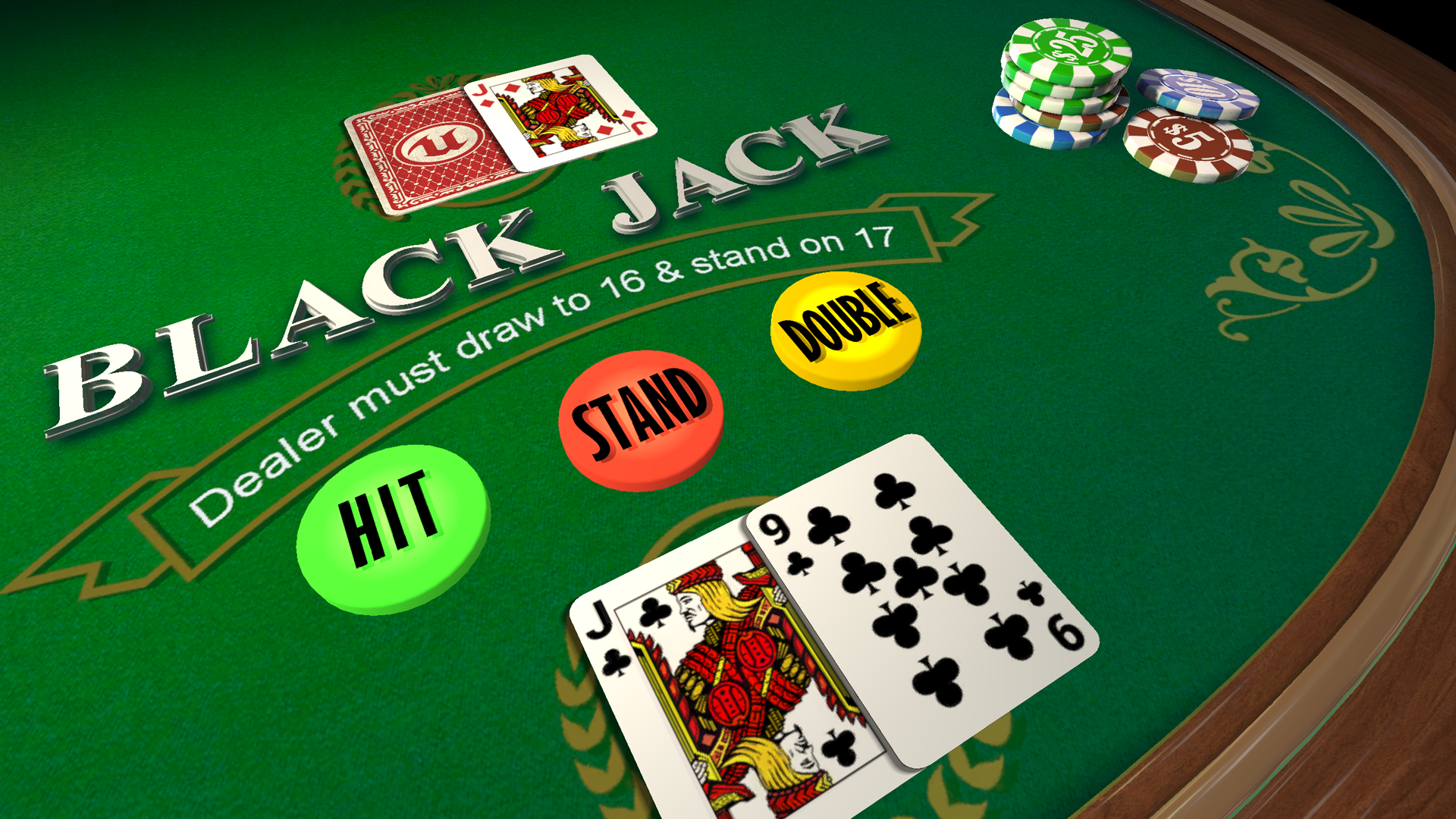
The foundation of winning in blackjack is to understand and use proper basic blackjack strategy in playing the hands. There are correct plays and incorrect plays in the sense that only certain plays give you the better mathematical chance of winning. Your goal as a player is to make the correct “percentage” play for each hand. There is no room for intuition, gut feelings or guessing when it comes to blackjack basic strategy. Consistency is everything when it comes to playing a winning game. Make the proper play, each time and every time. You are there for the money and the application of proper blackjack basic strategy is going to get that money for you.
The correct blackjack basic strategy for a blackjack game depends upon the rules of the casino where you will be playing. The rules of blackjack differ slightly from place to place and sometimes even from casino to casino. Therefore, it is important to research what the rules are for the area/casinos you plan to play in. If the house rules are the same, games that use the least number of decks are more favorable than the games that use more decks.
While it is true that the object of blackjack is to get to 21, or as close to 21 without exceeding the total of 21, this is only partly true. The fundamental object is to beat the dealer’s hand. Often, the best strategy is to stand (even on a 12) depending on the dealer’s up-card. Many people lose a hand because they hit their hands, when according to basic strategy they should stand.
So what does it take to beat the dealer? Remember that in almost all casinos the dealer is required hits his hand until it totals at least 17. That means the dealer, if they do not bust, will have at least 17. So your strategy in beating the dealer is to take one of two courses: wait for the dealer to bust, or try to get above 17 without busting your hand. Because black jack is a game of probabilities that you can know and predict, you can, by knowing what the dealer has as an up card and knowing the probabilities, make an intelligent choice as to which course to take in playing your hand.
Here is how that works. Let’s say you are dealt a hand of 16 and the dealer shows an up card of 7. The rules of black jack say the dealer must stand on a 17. The laws of probability say that the odds are the dealer has a hole card with a value of 10 (10, J, Q, K) which gives the dealer a 17. Or, the hole card could be an ace, giving the dealer 18. So the most likely scenario is that the dealer will have a hand of 17 or better, which means you most likely need to have 18 or better and you only have 16. Because you are playing the most intelligent choice based on mathematical probabilities, you want to hit when you have 16 and dealer is showing a 7.
The same logical approach can be made for every possible situation of your hand compared to the dealer’s up card. Those calculations have already been made and the hit or stand tables have been created.
